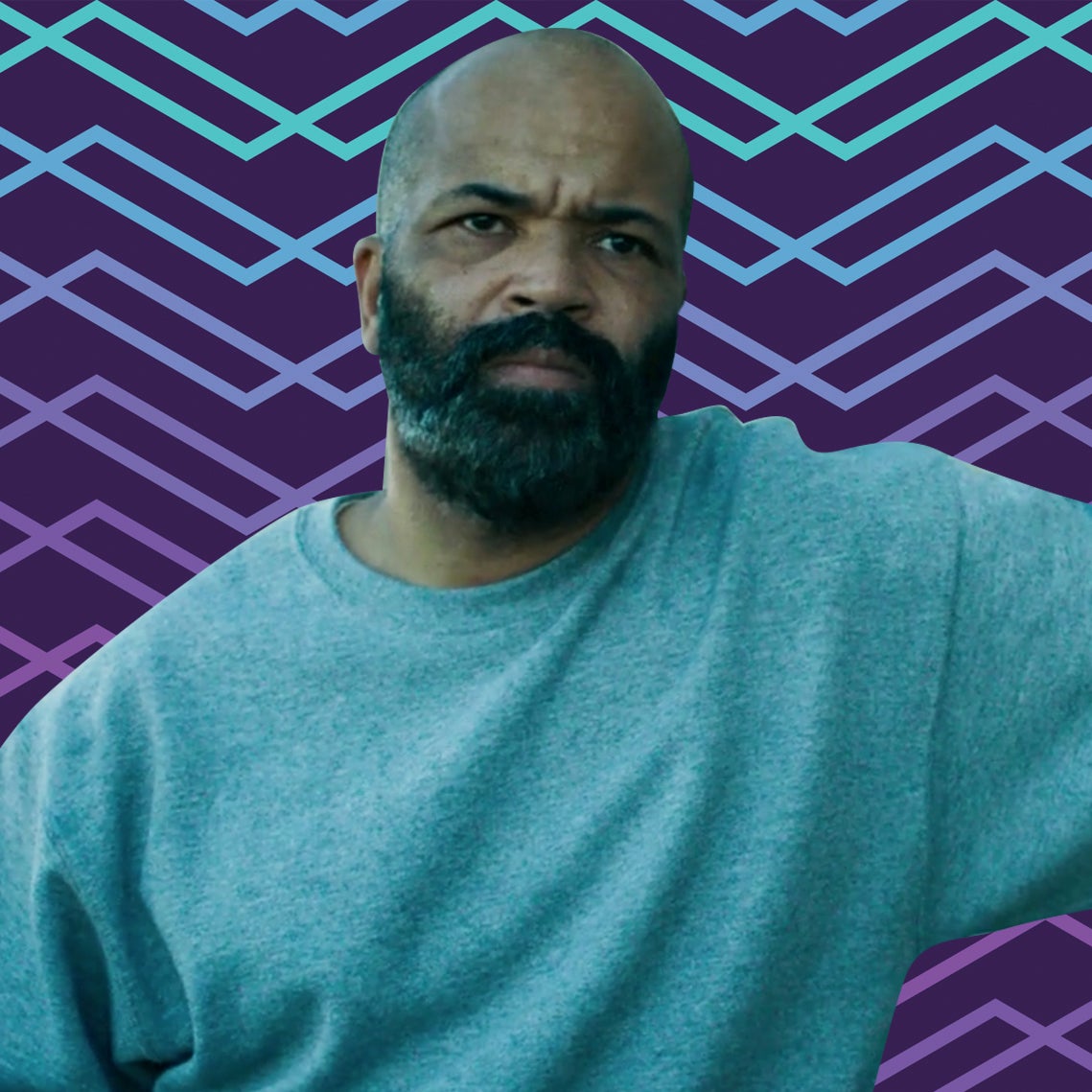
The United States makes up about five percent of the world’s population, yet houses over 20 percent of the world’s prisoners, according to the American Civil Liberties Union. With alarming stats like this it’s no wonder Hollywood heavyweights like actor Jeffrey Wright and executive producer Kareem “Biggs” Burke wanted to explore the country’s complex relationship with crime and punishment in O.G., a film shot entirely at Pendleton Correctional Facility in Indiana with inmates as actors.
The movie, which premiered at the Tribeca Film Festival in April, earned Wright an award for “Best Actor in a U.S. Narrative Feature Film” at this year’s competition.
Wright plays Louis, the “O.G.” who is just five weeks away from finishing a 24-year sentence when he suddenly contemplates risking freedom for his young protégé Beecher, a character played by Theothus Carter, an inmate at Pendleton.
Currently serving a 65-year sentence for armed burglary and attempted murder, Carter auditioned, practiced and landed the second biggest role in the film, behind only Wright. And it doesn’t take long to discover why. “Theothus has an energy, charisma, ambition and intellectual curiosity about him,” Wright told ESSENCE. The on-screen chemistry between the two men is undeniable.
While chemistry might make a role easier to play, it doesn’t necessarily make the role easy. For five weeks—13 hour days—the cast and crew worked inside the dense walls of Pendleton, surrounded by alarms, gates, locks, check-ins, shake-downs and undoubtedly, an impenetrable energy of despair. It was grueling but the result is an authentic, uncompromising and unnerving masterpiece.
Burke, who co-founded Roc-A-Fella Records with Jay-Z, came on board as an executive producer because of the film’s unwavering commitment to truth. “I’ve never seen a jail film so real,” said Burke, who himself served time for a marijuana conspiracy charge a few years ago. “All of the nuances in the film were authentic because nothing was compromised.”
The unique locale sets the film apart from others but it’s the inner explorations of the characters that make it especially authentic. The audience is reminded that prisoners are more than just the sum of their mistakes or a string of numbers on a jumpsuit. “The men we worked with committed serious crimes that did serious damage,” said Wright. “We’re not diminishing that, but rather humanizing these men so that we understand them better.” To humanize these men is to watch these characters smile, laugh, cry and hurt. It’s about seeing them as we see ourselves—deserving of forgiveness, rehabilitation, and redemption, simply because they are human.
Most people don’t just “end up” in prison. There’s usually a road that leads them straight to it, one often paved in poverty, violence, generational dysfunction, lack of access, and often times, feelings of unworthiness. In many cases, this conditioning breeds criminals.
“I noticed a common storyline for almost each of them,” said Wright, who’s currently starring in HBO’s Westworld. “There was early childhood neglect and or abuse, trauma, rudderless in their adolescence and by age 16 or 17, they committed dangerous acts that delivered trauma to others.” Sadly, there’s usually only a broken criminal justice system waiting for them at that point. “It’s a cycle that’s feeding itself,” added Burke. “We know that the system doesn’t work, so we should start thinking of compassion and rehabilitation, instead of punishment.”
The film is careful to not make excuses for the crimes of men. In fact, there are powerful and intentional moments that demonstrate the lasting effects of crime on victims, their families, and the community. A 113-minute drama couldn’t possibly have all the answers, and it doesn’t pretend to. Like most art, it pushes you to see yourself and the world differently by looking at something ugly and painful, and empathizing with it, instead of judging it. To become curious. To explore. To talk. To act. “I hope this film creates discussion,” said Burke. “Dialogue can be a powerful catalyst for action.”